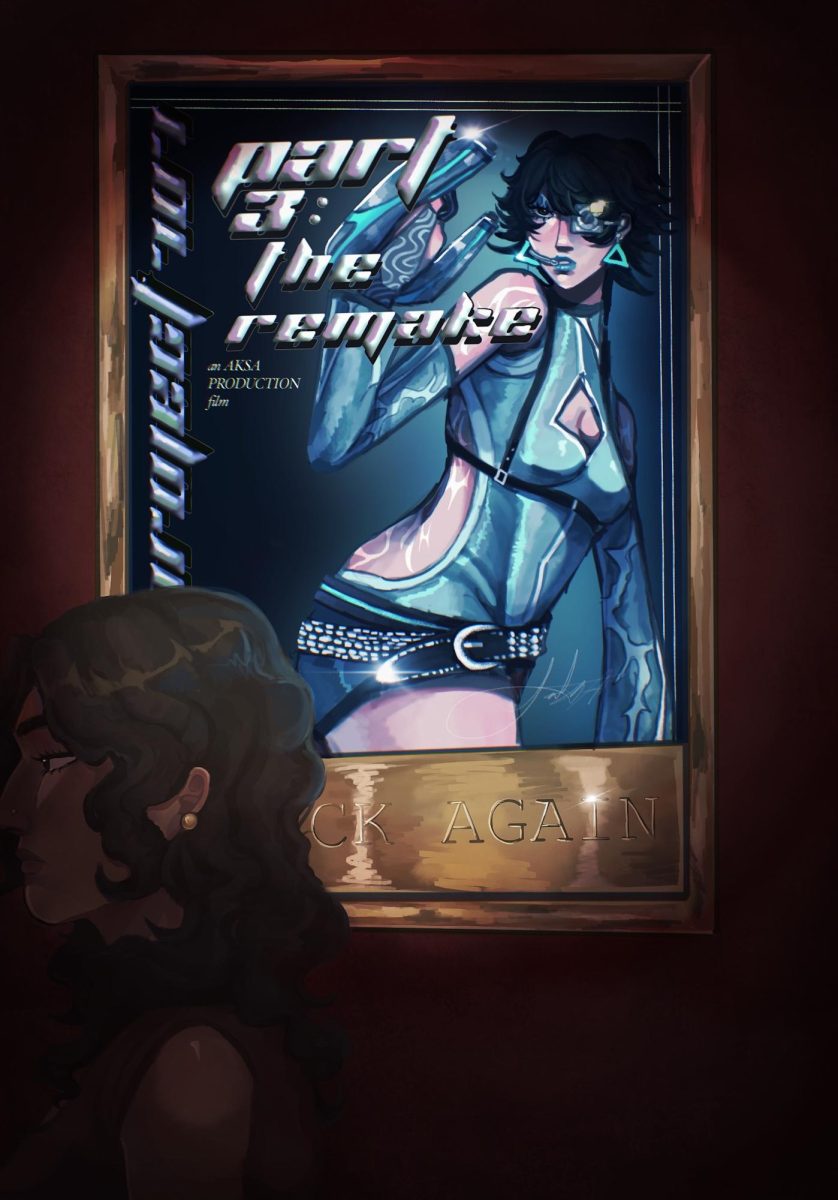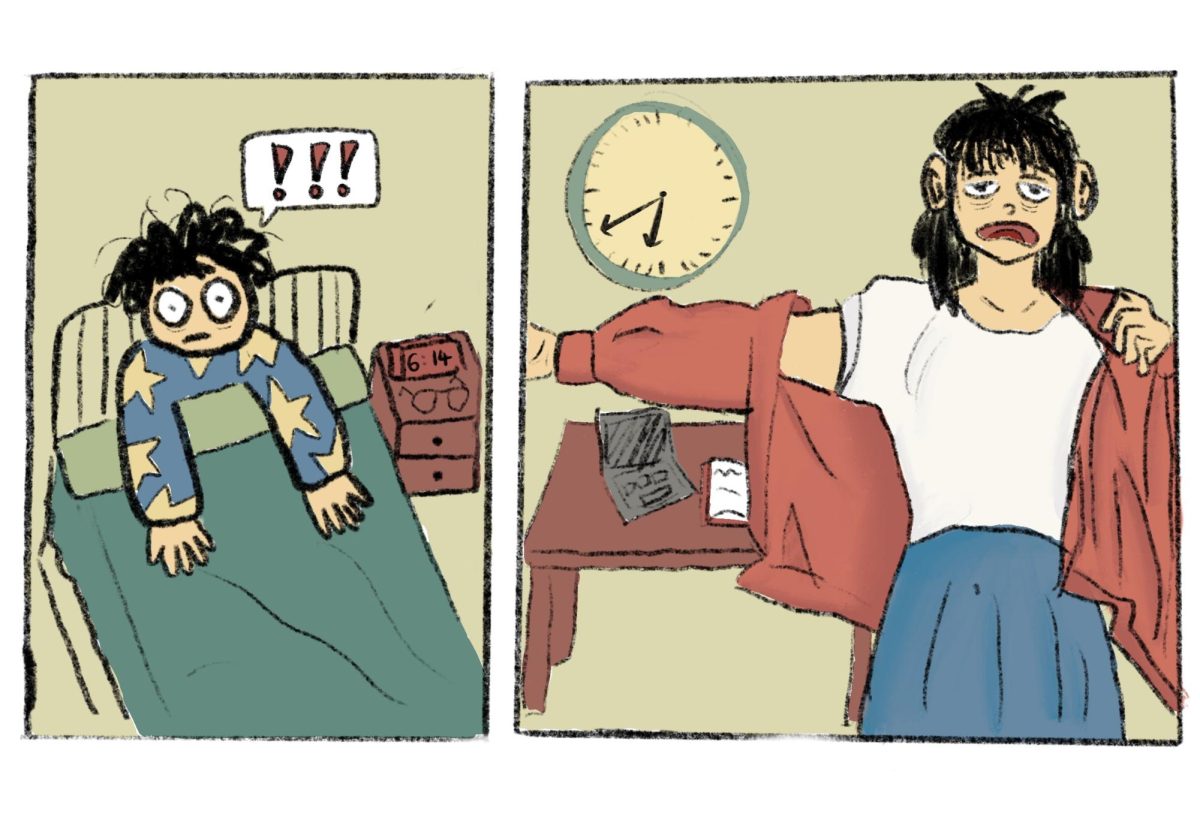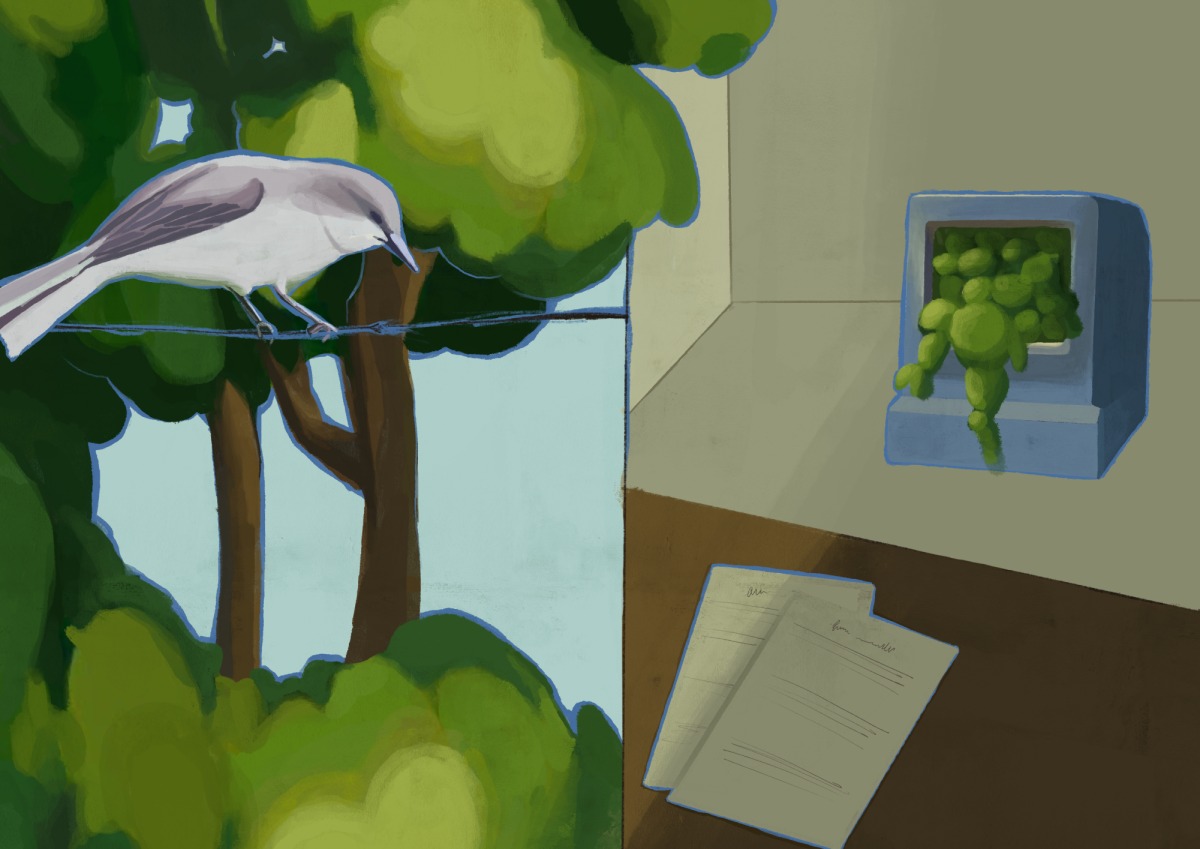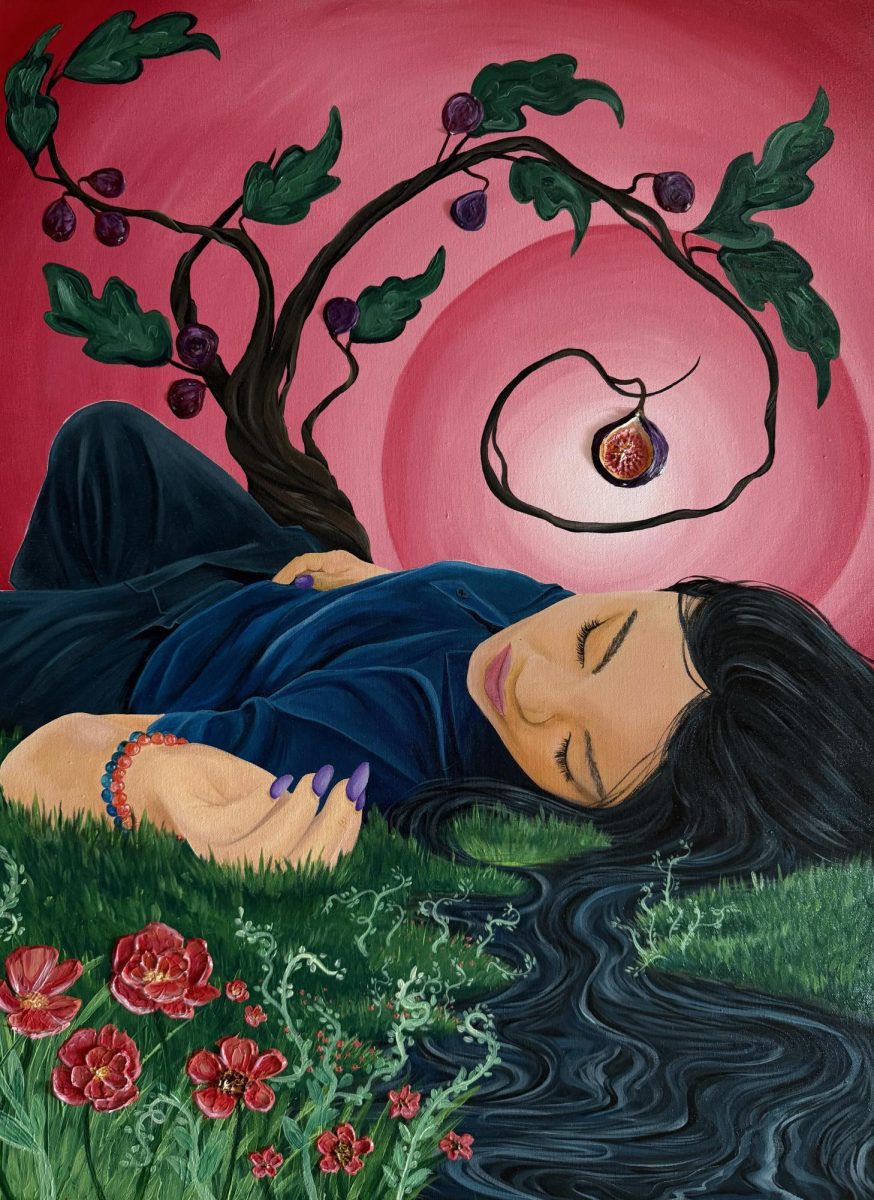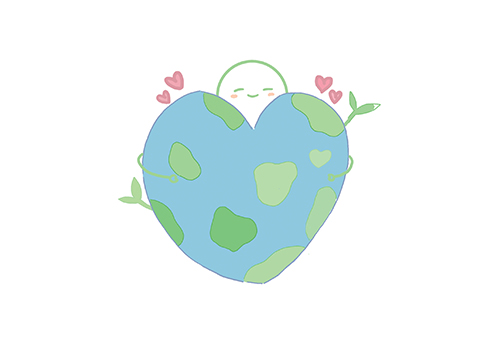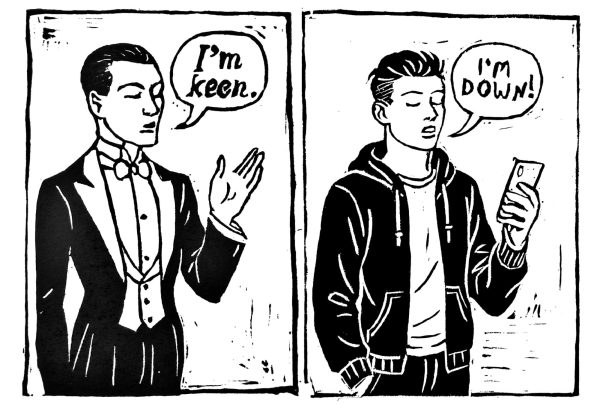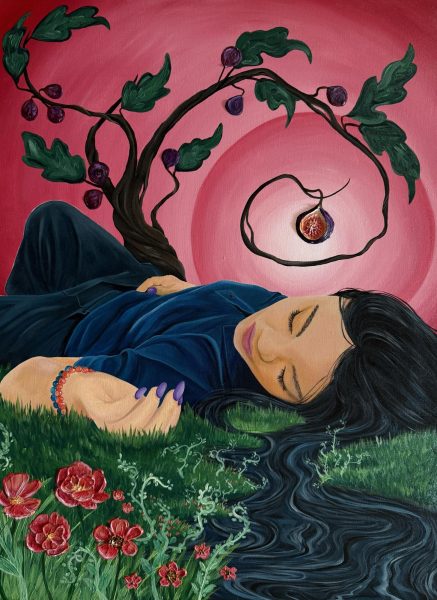Greener Gift Giving
A guide to shopping sustainably and ethically for your loved ones.
Were you given a red rose from your Valentine? Did you eat some of the chocolates packaged in a heart-shaped box? Or receive a Valentine’s Day Gram from a secret admirer? Whilst the holiday might have passed, love is still in the air! And as we bask in the aftermath of it all, it might be time to start doing some reflecting. Indeed, the environmental impact from just this holiday alone is one to acknowledge. As a day dedicated to sharing love, we encourage you to share some of that to Mother Earth too. So, below are sustainable and ethical alternatives for traditional Valentine’s Day gifts to consider for next year, or whenever else you feel like giving.
Fair-Trade Chocolate
Around 70% of the world’s cocoa comes from the West African region, and at least 1.5 million working in the farms that produce it are exploited children. The boxes that we gift, wrapped snuggly and shaped as hearts, contain the weight of all things faced by these young adolescents. And with many corporations refusing to take accountability for their lack of ethical production, it might be time to start looking elsewhere. To support more morally correct practices, try Pipiltin or Krakakoa in Jakarta and Pod Chocolate based in Bali.
Handmade Cards
Annually, hundreds of millions of Valentine’s Day cards are exchanged around the world. Items made for this day—and just for this holiday alone-—the novelty manner of these cards mean that they cannot be used for any other occasion. Doused in glitter, covered with ribbons, and adorned with other little decorations, these cards aren’t biodegradable. Therefore, they make their way into our Earth’s natural ecosystems.
A simple gesture or time taken out of the day to handmake a paper-based card will hold such sentimental value. Additionally, the ability to pick sustainable materials and customization will offer a freedom store bought cards cannot.
Choose Plants Over Roses
The long stemmed, vibrant colors, and irresistability of Ecuadorian roses have long cemented the country as a leading exporter for red roses. The large worldwide demand—Indonesia included—has created massive exportation between the two countries mentioned (50 tonnes in just one year alone). The carbon footprint that comes with this is colossal, with the journeys of the planes emitting hundreds of thousands of metric tons into our atmosphere.
With streets lined up with florists and family-owned businesses growing anything from small potted flowers to six feet plants, the Indonesian flower market has variation after variation. Shop local and scout through vendors to find the perfect plant of your choosing: a living, breathing token of love to be cherished and taken home.
Jewellery
In scale, jewellery pieces tend to be small, but each individual piece carries its own story: materials tirelessly scavanged by miners, sent away to be shaped and designed, before finally making their way to an owner. A simple pair of dangling earrings can amount to 31kg of carbon dioxide needed to produce it, and with materials such as platinum, this number can so much as triple. With opportunities to shop from smaller businesses, the posibilities are endless! From ceramic to glass, largely sized to miniscule. Taking the time to curate the perfect jewel for whomever you plan on gifting this for, with a little more thought of Earth in mind, can be beneficial for everyone altogether.
Devoting more care to finding alternatives today will ensure that those in the future also have a chance to shower their loved ones on Valentine’s. And it doesn’t get more lovely than that.
Since joining Feedback in her freshman year of high school, Kendra has found it to be a joyous space—one that not only nurtures her passion for...
Kyra, a young girl filled with curiosity and continuous gushing emotions spends most of her days painting a world out of her own imagination, expressively...





